Discover the Women of the Hall
These are the Inductees of the National Women’s Hall of Fame. Select any of the women to discover their stories and learn how they have influenced other women and this country.
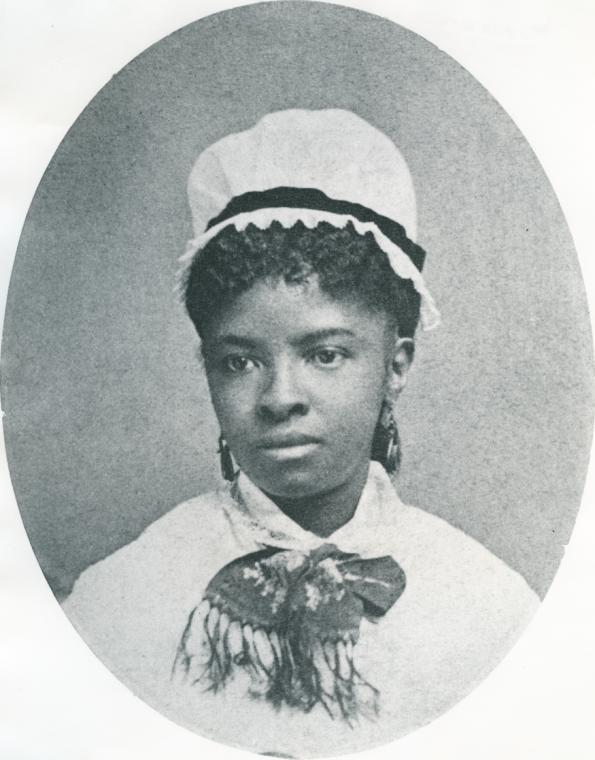
Mary Mahoney
First African American woman to study and work as a professionally trained nurse. Mahoney received her diploma from the New England Hospital in 1879, one of only four of 18 to pass the difficult course.
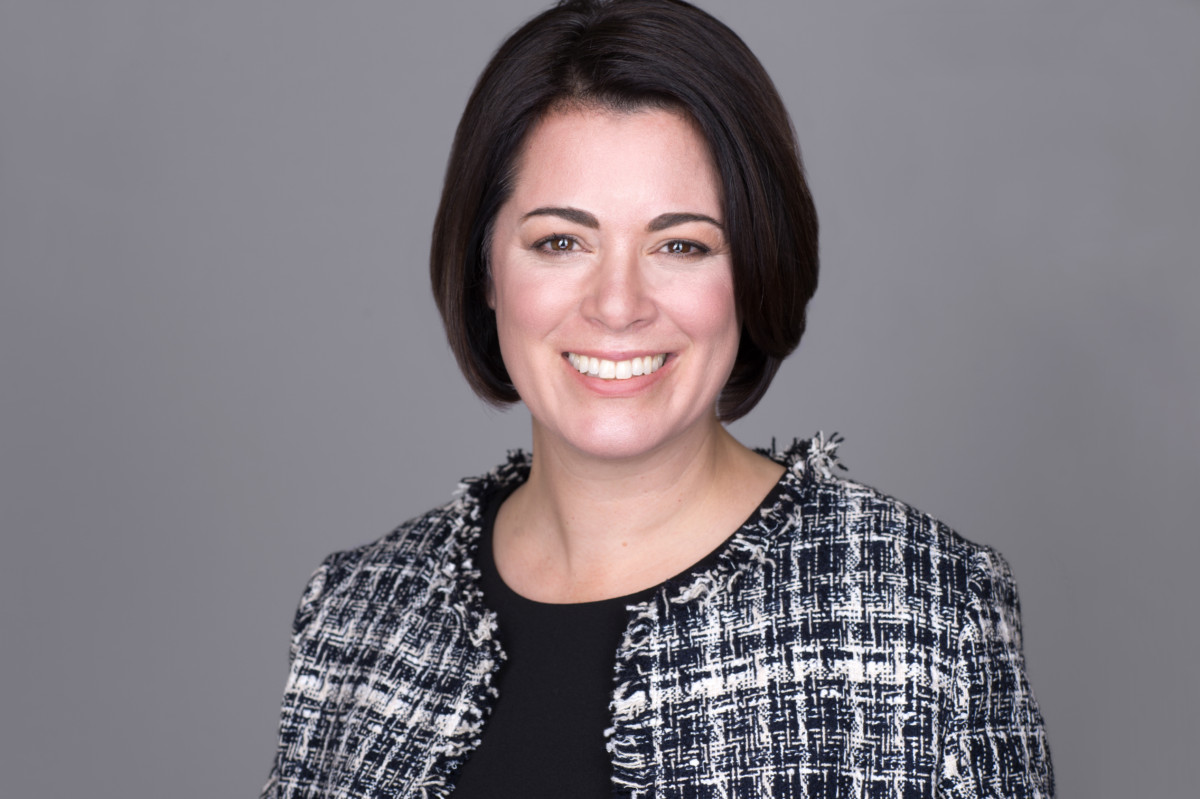
Nicole Malachowski
Colonel Nicole Malachowski (USAF, Ret.) has over 21 years of experience as an officer, leader, and fighter pilot in the United States Air Force. Upon her commission into the military, she was competitively selected to fly combat aircraft and embarked on an adventure among the first group of women to fly modern fighters. She has commanded a fighter squadron, piloted within the USAF air demonstration squadron, (better known as the “Thunderbirds”) and served as a White House Fellow and as an advisor to the First Lady of the United States during the Obama Administration. Colonel Malachowski is also committed to work focused on tick-borne diseases.

Wilma Mankiller
First woman elected Principal Chief of the Cherokee Nation. As Chief, Mankiller brought about major economic and social improvements for her tribe, including better health care, economic development, and education.
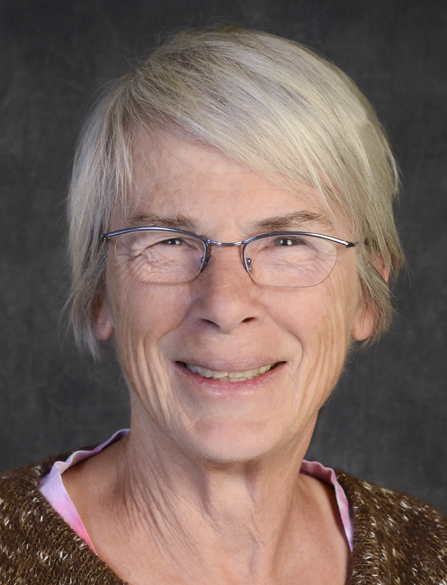
Philippa Marrack
Her work investigating T-cells, the family of cells that help the body fight disease, has led to a greater knowledge of the molecular basis of the immune system and contributed to medicine’s current understanding of vaccines, HIV, and other immune disorders.
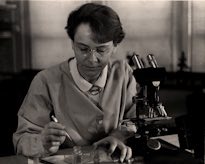
Barbara McClintock
Geneticist who pioneered work in maize genetics and the complex mechanisms which control and regulate cell development. McClintock helped to advance scientific understanding of this important field. In 1983 she received the first unshared Nobel Prize in medicine ever awarded to a woman.
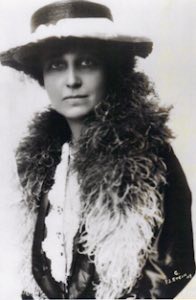
Katharine Dexter McCormick
Co-founder (with Carrie Chapman Catt) of the League of Women Voters in 1920, after ratification of the 19th Amendment. A graduate of MIT in 1904, she funded MIT’s first on-campus residence for women. She devoted her late husband’s wealth to contraceptive research and her own resources and energy to opening up doors for women in science and engineering.

Mary Mahoney
First African American woman to study and work as a professionally trained nurse. Mahoney received her diploma from the New England Hospital in 1879, one of only four of 18 to pass the difficult course.

Nicole Malachowski
Colonel Nicole Malachowski (USAF, Ret.) has over 21 years of experience as an officer, leader, and fighter pilot in the United States Air Force. Upon her commission into the military, she was competitively selected to fly combat aircraft and embarked on an adventure among the first group of women to fly modern fighters. She has commanded a fighter squadron, piloted within the USAF air demonstration squadron, (better known as the “Thunderbirds”) and served as a White House Fellow and as an advisor to the First Lady of the United States during the Obama Administration. Colonel Malachowski is also committed to work focused on tick-borne diseases.

Wilma Mankiller
First woman elected Principal Chief of the Cherokee Nation. As Chief, Mankiller brought about major economic and social improvements for her tribe, including better health care, economic development, and education.

Philippa Marrack
Her work investigating T-cells, the family of cells that help the body fight disease, has led to a greater knowledge of the molecular basis of the immune system and contributed to medicine’s current understanding of vaccines, HIV, and other immune disorders.

Barbara McClintock
Geneticist who pioneered work in maize genetics and the complex mechanisms which control and regulate cell development. McClintock helped to advance scientific understanding of this important field. In 1983 she received the first unshared Nobel Prize in medicine ever awarded to a woman.

Katharine Dexter McCormick
Co-founder (with Carrie Chapman Catt) of the League of Women Voters in 1920, after ratification of the 19th Amendment. A graduate of MIT in 1904, she funded MIT’s first on-campus residence for women. She devoted her late husband’s wealth to contraceptive research and her own resources and energy to opening up doors for women in science and engineering.
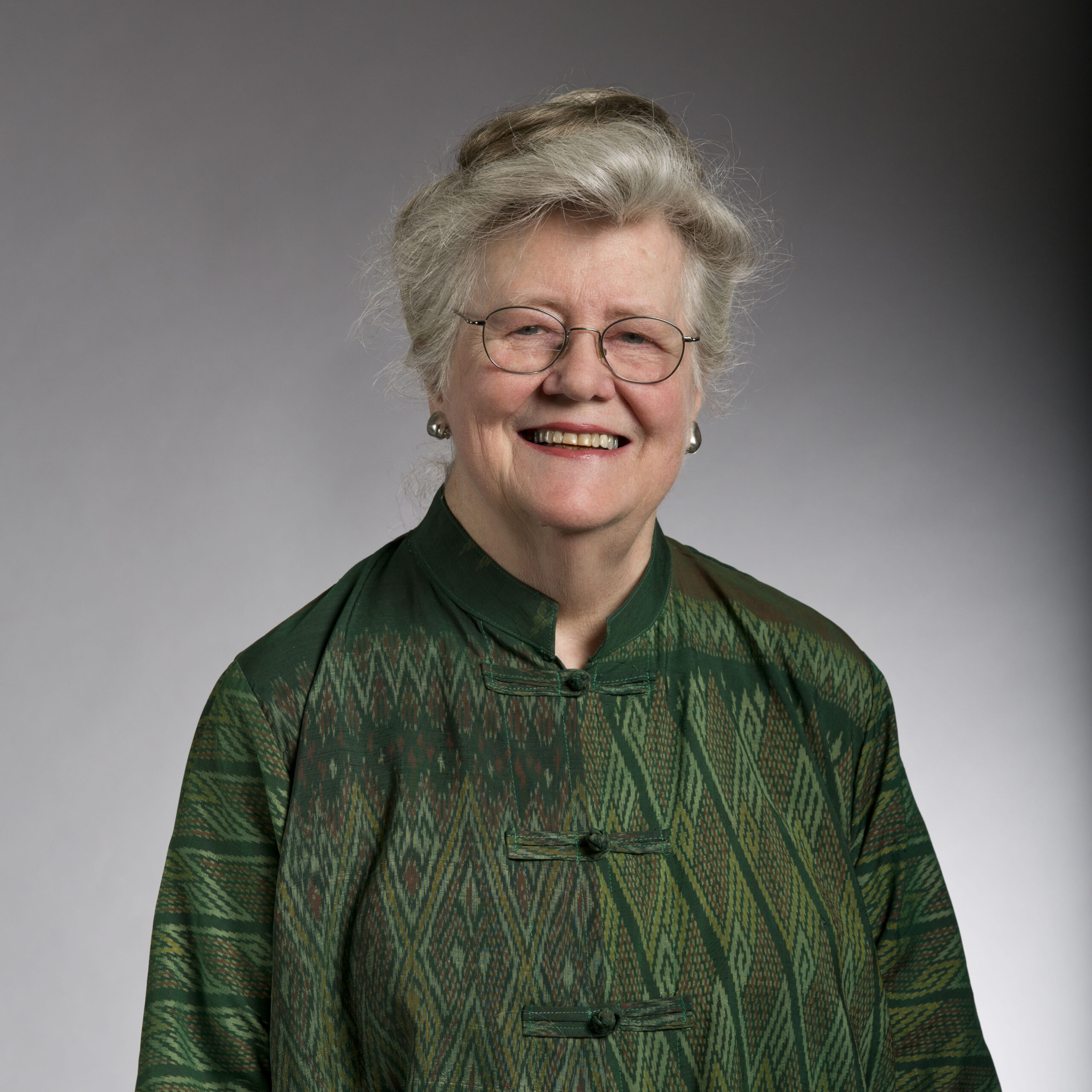
Peggy McIntosh
Peggy McIntosh is renowned as an educational innovator, feminist activist, author, and public speaker. McIntosh derived her understanding of white privilege from observing parallels with male privilege.
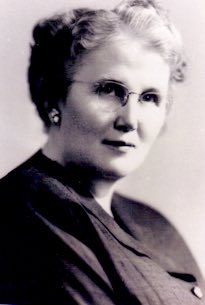
Louise McManus
First American nurse to earn a Ph.D. Louise McManus was central to the establishment of schools of nursing in colleges and universities, providing the fundamental basis for nursing science growth.

Margaret Mead
Trailblazing anthropologist whose book, Coming of Age in Samoa, caused scientific and social rethinking of adolescence. Mead’s career included the study of numerous tribes as well as extensive and innovative field work.
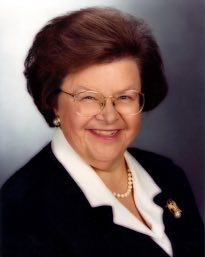
Barbara A. Mikulski
The first female Democratic United States Senator elected in her own right, Barbara Mikulski has been a political trailblazer for more than thirty years. During her tenure as a Senator, Mikulski has developed and supported legislation promoting equal healthcare for American women, Medicare reform, better care for veterans, greater student access to quality education, increased funding for scientific research, and more. Senator Mikulski currently serves as the Dean of the Women in the Senate, and is a senior member of the Health, Education, Labor and Pensions Committee; a senior member of the Appropriations Committee; and a member of the Senate Select Committee on Intelligence. In 2011, Senator Mikulski officially became the longest serving female Senator in United States history.
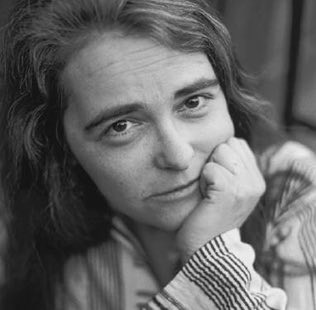
Kate Millett
A feminist activist, writer, visual artist, filmmaker, teacher and human rights advocate, Kate Millett has been described as one of the most influential Americans of the twentieth century. Millett began her career as an English instructor and in 1966, became the first Chair of the Education Committee of the newly formed National Organization for Women. In 1968, she authored a pioneering report published by NOW, Token Learning: A Study of Women’s Higher Education in America, in which she challenged women’s colleges to provide an equal education for women. Millett is perhaps best-known for her landmark work in feminist theory, Sexual Politics (1970). She currently serves as the Director of the Millett Center for the Arts, a creative work space that provides artist in residence accommodation and studio facilities to women artists from around the world.
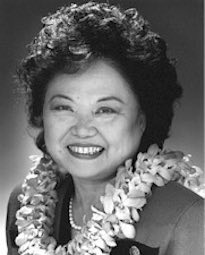
Patsy Takemoto Mink
As the first Asian-American Congresswoman in the history of the United States, attorney Patsy Takemoto Mink opened doors for women and minorities. Her persistence in securing the passage of Title IX in 1972 assured equal treatment for women in athletics in American educational institutions.

Peggy McIntosh
Peggy McIntosh is renowned as an educational innovator, feminist activist, author, and public speaker. McIntosh derived her understanding of white privilege from observing parallels with male privilege.

Louise McManus
First American nurse to earn a Ph.D. Louise McManus was central to the establishment of schools of nursing in colleges and universities, providing the fundamental basis for nursing science growth.

Margaret Mead
Trailblazing anthropologist whose book, Coming of Age in Samoa, caused scientific and social rethinking of adolescence. Mead’s career included the study of numerous tribes as well as extensive and innovative field work.

Barbara A. Mikulski
The first female Democratic United States Senator elected in her own right, Barbara Mikulski has been a political trailblazer for more than thirty years. During her tenure as a Senator, Mikulski has developed and supported legislation promoting equal healthcare for American women, Medicare reform, better care for veterans, greater student access to quality education, increased funding for scientific research, and more. Senator Mikulski currently serves as the Dean of the Women in the Senate, and is a senior member of the Health, Education, Labor and Pensions Committee; a senior member of the Appropriations Committee; and a member of the Senate Select Committee on Intelligence. In 2011, Senator Mikulski officially became the longest serving female Senator in United States history.

Kate Millett
A feminist activist, writer, visual artist, filmmaker, teacher and human rights advocate, Kate Millett has been described as one of the most influential Americans of the twentieth century. Millett began her career as an English instructor and in 1966, became the first Chair of the Education Committee of the newly formed National Organization for Women. In 1968, she authored a pioneering report published by NOW, Token Learning: A Study of Women’s Higher Education in America, in which she challenged women’s colleges to provide an equal education for women. Millett is perhaps best-known for her landmark work in feminist theory, Sexual Politics (1970). She currently serves as the Director of the Millett Center for the Arts, a creative work space that provides artist in residence accommodation and studio facilities to women artists from around the world.

Patsy Takemoto Mink
As the first Asian-American Congresswoman in the history of the United States, attorney Patsy Takemoto Mink opened doors for women and minorities. Her persistence in securing the passage of Title IX in 1972 assured equal treatment for women in athletics in American educational institutions.
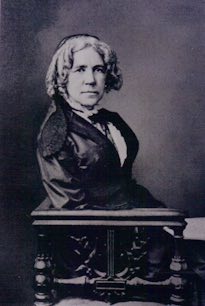
Maria Mitchell
An astronomer who discovered a new comet in 1847, Maria Mitchell was the first woman named to membership in the American Academy of Arts & Sciences. She was also a founder of the Association for the Advancement of Women.
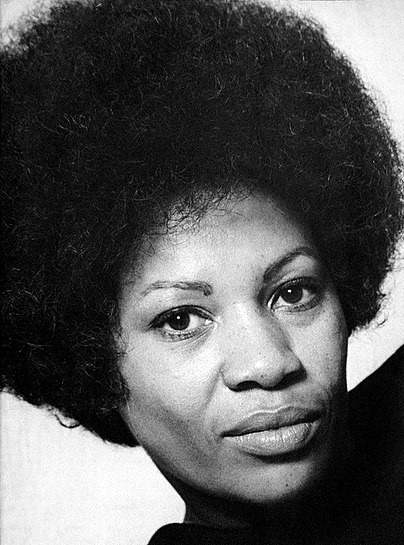
Toni Morrison
An author and book editor who fostered a new generation of Black writers. Morrison has been unapologetic about her focus on Black people’s experiences, and the power with which she has brought this focus.
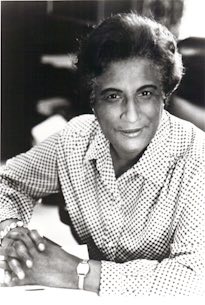
Constance Baker Motley
Attorney and jurist who, after performing landmark work with the NAACP with Thurgood Marshall and others, became the first African American woman elected to the New York State Senate. Motley was the first woman and African American to become Manhattan Borough President; she was the first African American women named to the federal bench.
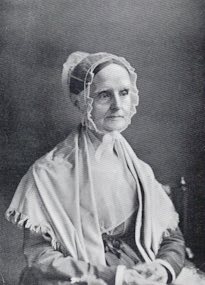
Lucretia Mott
Quaker anti-slavery advocate, who, after meeting Elizabeth Cady Stanton, became a leader in the women’s rights movement. Mott was a planner of the first Women’s Rights Convention in Seneca Falls in 1848, and she remained true to her sense of justice for African Americans and women throughout her life.
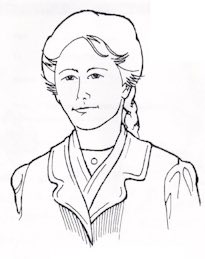
Kate Mullany
Founder and organizer of the Collar Laundry Union in 1864, she led a strike of 200 laundresses in Troy, NY, which resulted in a 25% wage increase and improvement of working conditions. Her efforts to organize women in New York City and financially assist both male and female unions were rewarded when she was appointed as an assistant secretary of the National Labor Union, making her the first female to hold a national labor post.
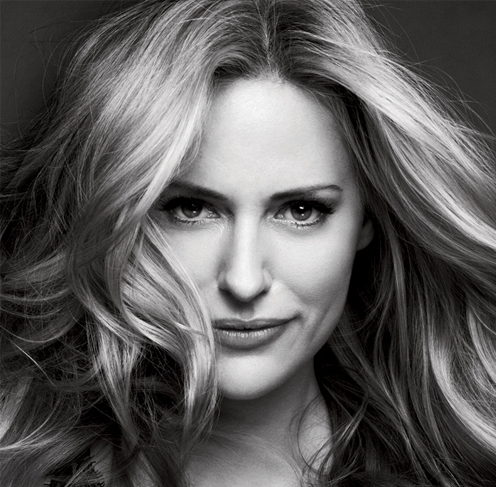
Aimée Mullins
She is a world record holding athlete, ground-breaking high fashion model, beacon for design tech, dedicated advocate, and avant-garde actor. She conceived of, and was the first to wear and compete in, prostheses modeled after the hind legs of a cheetah – now the international standard for amputee runners.

Maria Mitchell
An astronomer who discovered a new comet in 1847, Maria Mitchell was the first woman named to membership in the American Academy of Arts & Sciences. She was also a founder of the Association for the Advancement of Women.

Toni Morrison
An author and book editor who fostered a new generation of Black writers. Morrison has been unapologetic about her focus on Black people’s experiences, and the power with which she has brought this focus.

Constance Baker Motley
Attorney and jurist who, after performing landmark work with the NAACP with Thurgood Marshall and others, became the first African American woman elected to the New York State Senate. Motley was the first woman and African American to become Manhattan Borough President; she was the first African American women named to the federal bench.

Lucretia Mott
Quaker anti-slavery advocate, who, after meeting Elizabeth Cady Stanton, became a leader in the women’s rights movement. Mott was a planner of the first Women’s Rights Convention in Seneca Falls in 1848, and she remained true to her sense of justice for African Americans and women throughout her life.

Kate Mullany
Founder and organizer of the Collar Laundry Union in 1864, she led a strike of 200 laundresses in Troy, NY, which resulted in a 25% wage increase and improvement of working conditions. Her efforts to organize women in New York City and financially assist both male and female unions were rewarded when she was appointed as an assistant secretary of the National Labor Union, making her the first female to hold a national labor post.

Aimée Mullins
She is a world record holding athlete, ground-breaking high fashion model, beacon for design tech, dedicated advocate, and avant-garde actor. She conceived of, and was the first to wear and compete in, prostheses modeled after the hind legs of a cheetah – now the international standard for amputee runners.
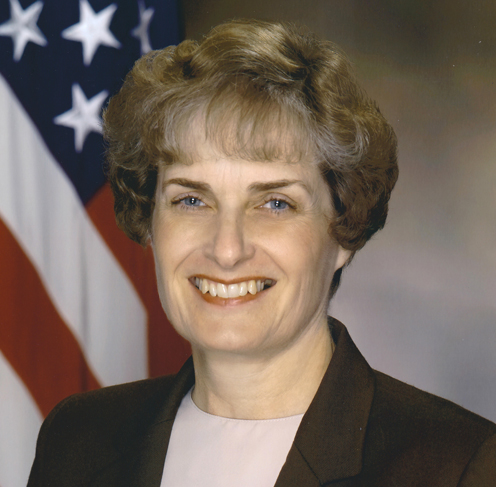
Carol A. Mutter
A Lieutenant General who entered the Marines when only 1% of Marines were women and no women were in the deployed services. Among her numerous activities, she has served as Chair of the Department of Defense Advisory Committee on Women in the Services and is a Past President of the Women Marines Association where she remains active at the national level.

Carol A. Mutter
A Lieutenant General who entered the Marines when only 1% of Marines were women and no women were in the deployed services. Among her numerous activities, she has served as Chair of the Department of Defense Advisory Committee on Women in the Services and is a Past President of the Women Marines Association where she remains active at the national level.
